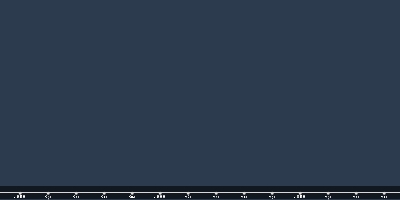29 agos 1929 anni - 1929 Palestine riots
Descrizione:
In late August 1929, the longstanding dispute between Palestinian Arabs and Jews over access to Jerusalem's Western Wall escalated, resulting in the 1929 Palestine riots, also known as the Buraq Uprising or the Events of 1929. These riots predominantly involved Arab attacks on Jews, resulting in significant casualties: 133 Jews and 116 Arabs died, and hundreds were injured. The violence also led to widespread destruction of Jewish property and the evacuation of 17 Jewish communities. The British-appointed Shaw Commission identified the primary cause of the unrest as Arab animosity towards Jews, fueled by political disappointments and economic fears, particularly regarding Jewish immigration. The trigger was a Jewish demonstration at the Western Wall on August 15, 1929, which was perceived as a provocation by the Arabs.The Western Wall, a remnant of the Second Temple, holds immense religious significance for Jews but is also part of the Al-Aqsa Mosque compound, a sacred Islamic site. Tensions had been simmering over religious rights at this site for years and were exacerbated by incidents like the 1928 controversy over a screen placed by Jews during Yom Kippur prayers, which was forcibly removed by British police due to Arab protests. This incident was indicative of the underlying tensions and the readiness of both communities to interpret actions as part of broader nationalistic threats.
The riots were marked by brutal violence and were described as unprecedented in their scope and impact by historians. The Shaw Commission's report led to further investigations and had a lasting impact on the British policies in the region, influencing immigration policies and land sales. The events highlighted the complex interplay of religious and nationalistic sentiments in Palestine, setting a pattern of conflict for the following decades.
Aggiunto al nastro di tempo:
Data:
29 agos 1929 anni
Adesso
~ 96 years ago
